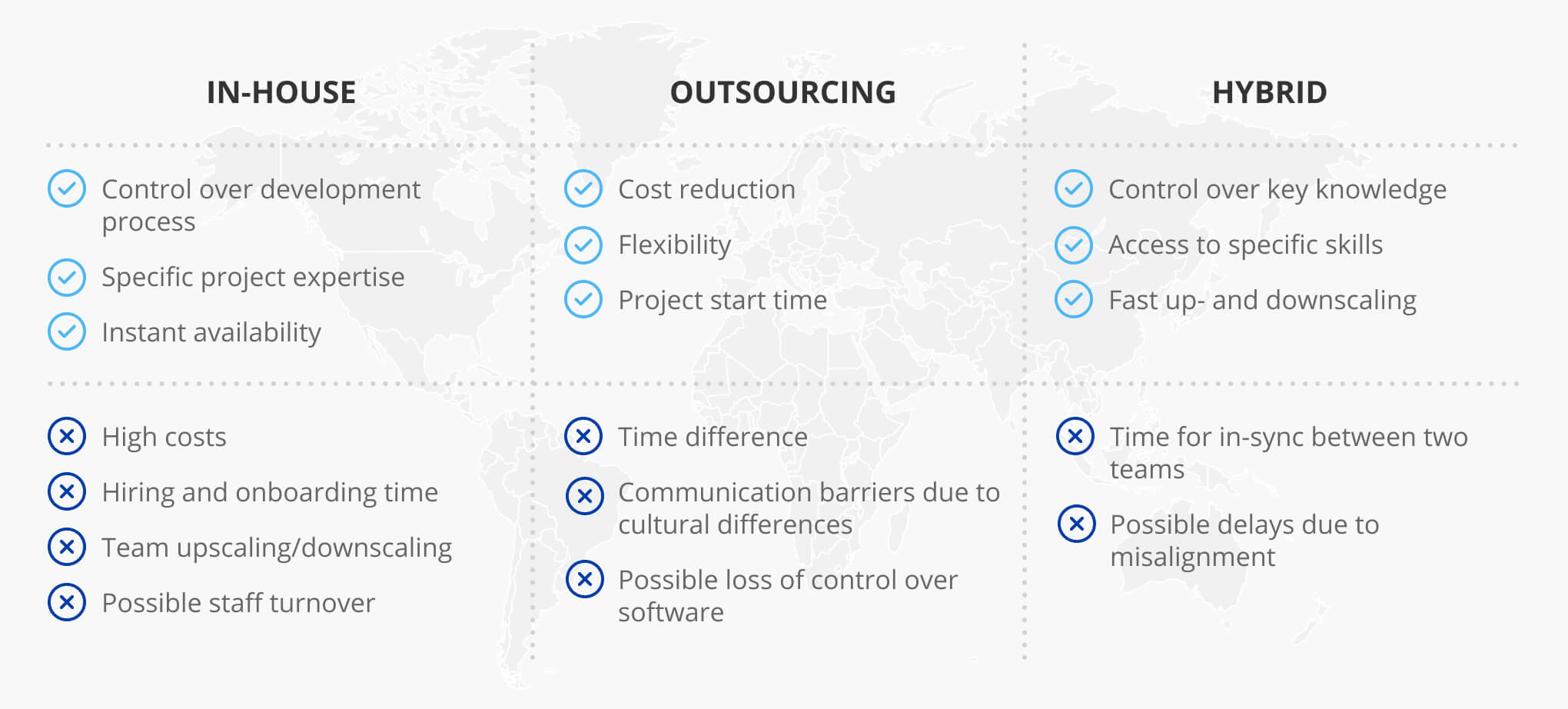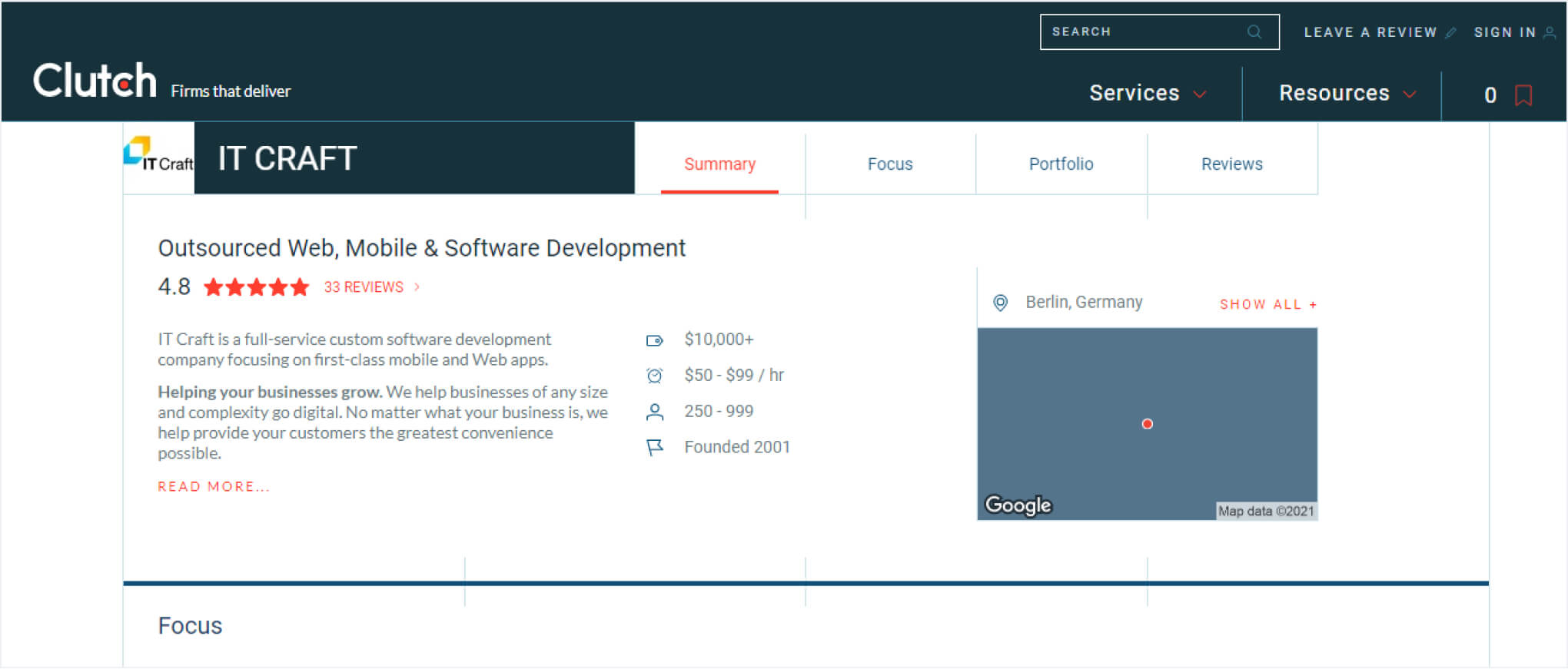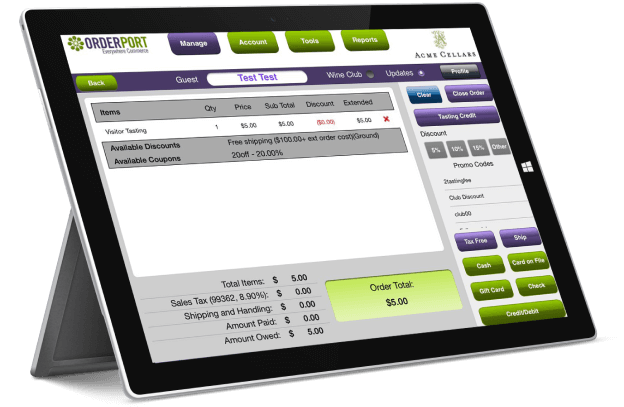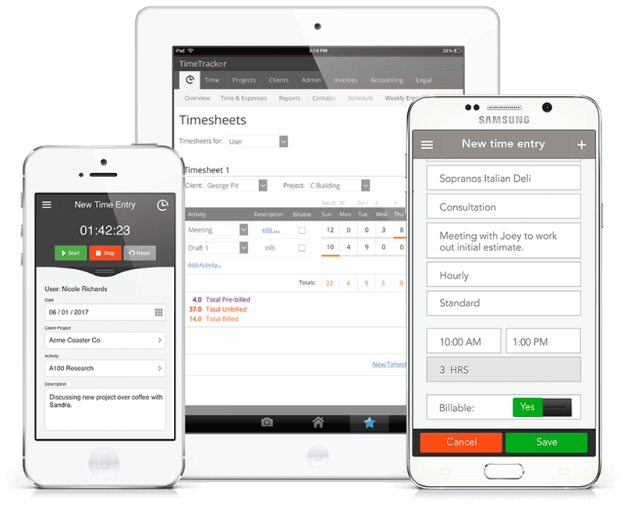
All businesses planning to outsource app development need to consider different options to pave the best path to their goal. As a product owner, you need to ask
relevant questions. The more precise the questions, the more precise the answers
you get and the greater your chances to launch your app on time and on budget.
Most risks can be eliminated before development starts.
This post analyses how to outsource app development and achieve a win-win
working relationship.
Escape most common mobile app
development pitfalls. Use the points
below to
figure out realistic answers about mobile development outsourcing.
When a company plans outsourcing app development, it is crucial to articulate
expectations. What are yours? Do you want to cut long-term costs? Add missing
expertise in a specified area? Expand rapidly to a new platform?
As a product owner, when you plan carefully, your chances of finding the best
team increase greatly.
It is equally important to figure out the beginning and end points of
application outsourcing (launch? app updates? migration?).
The following questions are essential because they directly affect
outsourcing
app development scope and timeline:
Some answers might reveal obscure but essential information for the future
development team.
At the initial stage, the product owner needs to determine the right
strategy.
He needs to consult a person with a strong technical background.
The market of application development outsourcing encompasses the entire world.
There is a variety of offers in the market. Companies have flexible terms of
pricing, technologies, and cooperation models. You can choose a cooperation
model
best suited to project needs.
The choice of outsourcing app model depends on:
– app only development – app development and maintenance – app development, maintenance, and regular updates
Make a list of priorities. Think what fits in with your priorities.
The first thing that comes to every project owner’s mind is choosing between
the in-house team or application development outsourcing. Both can be great when
specifics and limitations are understood.
With an in-house team, you build the processes and adjust them flexibly. An
in-house team is available within the same business hours. Business keeps
critical
project knowledge internally. Fewer people have access to sensitive information.
On the downside, an in-house team is expensive. Apart from high salaries and
benefits, it takes a lot of time to find, hire, and retain a missing specialist
in
this overheated market. Business needs to keep an HR department, think about
perks
and bonuses for its employees, safety measures, and more.
In its turn, an outsourcing team is a faster and cheaper option. As a
business, you
do not pay for recruitment and onboarding. Also, a team from a cost-effective
region
can be 2 – 3 times cheaper due to lower hourly rates. Usually, a team can start
a
project fast. No need to wait until vacant positions are filled. Team size can
vary
based on your needs: fast upscale, fast downscale.
However, outsourcing, too, has its downside. You will need to spend time on
communication and alignment. Expect delays if the team is located in a distant
region and the overlap in business hours is short. Clarifications and approvals
might take more time than expected.
You can get the best from both approaches by mixing them. Try team
augmentation.
Team
augmentation means you can have two or more teams
simultaneously working
on
your project. One team focuses solely on its part of the work (e.g., outsourcing
app
development) and coordinates its activities with another team (e.g., with the
other
team focusing on API development.)
A hybrid team takes the best from both application development outsourcing
and
in-house development. You retain control over your software. You can upscale and
downscale fast and for reasonable costs.

When you outsource app development, you can choose the cooperation model that
fits
in with your further plans.
Do you have no IT department right now but are working on establishing one?
Or do
you plan to continue mobile app development outsourcing?
Based on scope of post-launch activities, there are two main outsourcing app
development models:
Delivery team – team launches the app and
switches to the next project.
Dedicated team – team continues working on app
maintenance
and updates after
launch.
Technological stack and focus
usually depend on company details,
including:
General development companies have broad experience and low hourly rates.
Specialized companies have specific experience and higher rates (and
accomplish
certain tasks more quickly). It makes sense to consider companies of both
types
depending on your requirements.
Here are the best scenarios for your project:
The company has launched a similar project
recently. They know
how to handle your project and can provide you with a precise
roadmap.
The company has experience in your industry
– They need less time to get specifics of your business and correct
their plan as soon as they dive deeply into details.
The company has worked on a variety of
projects and can provide you with a relevant project map. The
company might lack narrowly focused expertise but they are flexible
and can learn fast.
Pricing directly affects the budget. A company’s hourly rate depends mostly on
its
location. Prices increase from East to West. Eastern-Asian companies are
cheapest;
US/Australian companies are most expensive.
Whatever destination you choose, you can negotiate on one of two main pricing
models:
For example, you plan to create a
fitness app from scratch. You do
not
have an
in-house team. You have assumptions and might need to change requirements based
on
user requests. You will also need someone to make updates.
Your clear choice is completely outsourcing to a dedicated team. It is best to
choose the time and materials pricing model.
Can both approaches be mixed? Yes, as long as you keep balance between costs and
flexibility. If you do not want to keep up with costs and stay flexible, set up
a
monthly budget and ask the team to notify you in advance when they are likely to
exceed it. Any changes done are based on how much monthly budget remains.
Costs of mobile development outsourcing for an app of average complexity could
vary between $16,000 to $80,000. Costs could easily skyrocket to $150,000 to
$200,000 for complex apps.
To help you see the big picture, let’s consider several app types. Below are
costs needed to develop a “typical” app:
Also add app maintenance. Its cost equals 15% – 20% from initial costs per year.
For example, if making a
social media app costs you between
$48,000 and
$120,000, maintenance will cost you between $7,200 and $24,000 per year.
When you have a list of requirements and have outlined specifics of the project,
it is much simpler to find the right team for mobile app development
outsourcing.
You can divide the entire process of finding a team into six steps:
What if your top choice cannot start the project when you want to start?
The first step is crucial: finding and booking a reliable development team.
Try searching through the following platforms:
Again, Clutch is a great
information
resource. You can
segment search
results based on multiple criteria. Get comprehensive information about
a company from its profile, go to its website, or get in touch
immediately. For example, this is what IT Craft’s profile looks like:

When you decide to outsource mobile app development, also check all the company
websites.


Reality can be stressful. Especially, when it becomes distant from the imagined best-case scenario of app development for startups.
Unfortunately, risks are a part of any business activity. You can bump into them
when you outsource mobile app development.
Consider the following risks when preparing your plan. Discuss risks with the
team to test their reaction and the solutions they offer.
Outsourcing means less control over a team’s activities. This can be
uncomfortable.
Transparency is crucial. Regular, two-sided communication is the key to success.
It helps outsource mobile app development with minimum risks.
Below is advice on building workflow.
When outsourcing app development, the fewer unknowns, the greater the
possibility for on time and on budget delivery.
Follow these DOs and DON’Ts.
Your success depends on choosing a team that meets your expectations. Think in
advance what is and what is not important for you.
Choose a company most comfortable to you based on pricing or cultural
similarity. By the way, Eastern Europe maintains a pleasant balance between
development costs and cultural similarity.
Make sure you go along this five-step path to outsourcing app development:
Determine aims and specifics of the future appThoroughly check a company’s background. Test a company’s skills with a pilot
task
before starting a big project.
Wishing you a successful launch!